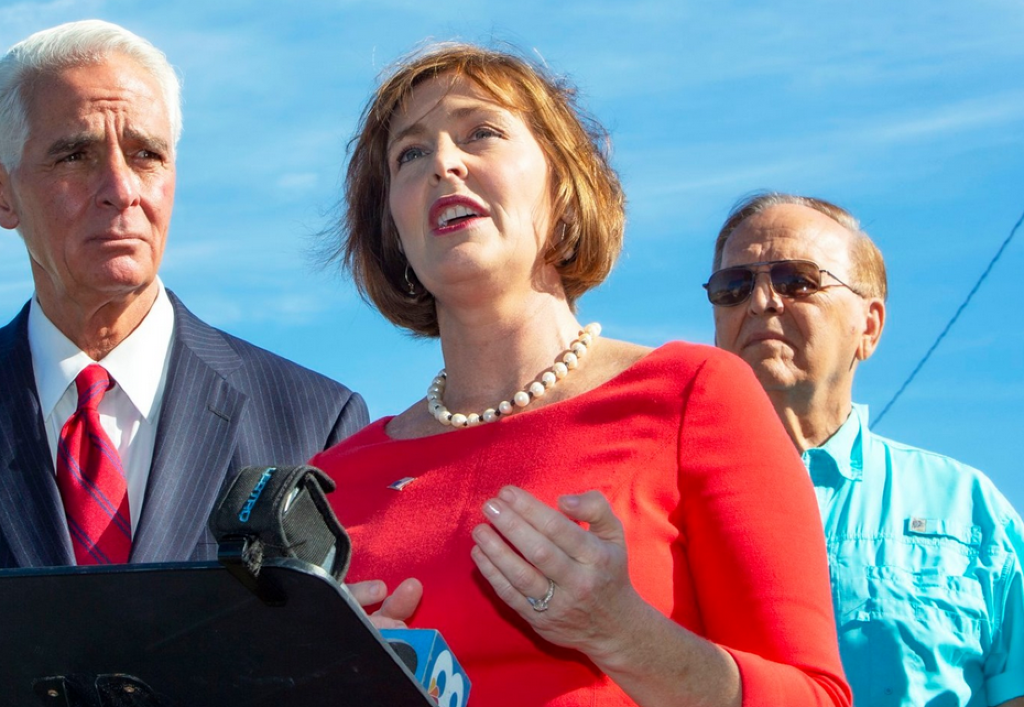House Committee to Vote on Communications Bills
Two bills aim to increase internet safety
Ari Bertenthal

WASHINGTON, Sept. 17, 2024 – A major House committee is meeting tomorrow and a few communications bills are at the top of the agenda. The panel will take up two internet safety bills and a third designed to require AM radios in new cars.
The panel will consider the Kids Online Safety Act, or KOSA.
Sponsored by several lawmakers, including Rep. Kathy Castor, D-Fl., the legislation aims to protect children and teens up to 17 by outlawing manipulative marketing, the amplification of harmful content, and design features that threaten young people online.
Other KOSA cosponsors include Reps Gus Bilirakis, R-Fl., Erin Houchin, R-Ind., and Kim Schrier, D-Wash.
The Committee also plans to discuss a related bill – the Children and Teens’ Online Privacy Protection Act, or COPPA 2.0.
Under COPPA 2.0, federal law would place limits on excessive collection and surveillance of youth, ban harmful targeted advertising, and prompt Big Tech platforms to provide young people and parents with the tools needed to navigate the online world
“COPPA 2.0 and KOSA will give young people a chance to avoid dangerous online content and situations that have imperiled their lives and privacy,” said Rep. Castor, a primary sponsor of the bill.
Like KOSA, COPPA 2.0 is championed by lawmakers on both sides of the political aisle. The bill was introduced by both Castor and Rep. Tim Walberg, R-Mich.
A day before the House panel meets, Facebook parent Meta Platforms said that Instagram, the company's photo and video-sharing social networking service with a massive teen following, would voluntarily stop sending notifications to minors between the hours of 10:00 p.m. and 7:00 a.m. to promote healthy sleep patterns. It will also make the accounts of minor users private by default, meaning that any follower must engage with the account holder before interacting with posts.
The committee will also discuss the AM for Every Vehicle Act, which has broad support in both the House and Senate.
Introduced in 2023, the AM Radio bill was blocked by Sen. Rand Paul, R-Ky., last December as it looked like it was on its way toward easy Senate passage.
Sponsors of the bill in the House and Senate, backed by the National Association of Broadcasters, have framed the AM radio bills as an issue primarily about public safety and access to emergency information in a crisis. Millions of Americans rely on AM radio for things like weather reports and in-language programming.
Some automakers, including Tesla under top executive Elon Musk, have been removing AM radio functions from their electronic vehicles, and are considering doing the same with internal combustion engine automobiles in the future.
The bill, which impacts vehicles made in the U.S. and imported, would require the Transportation Secretary to implement the law after consulting with the Federal Communications Commission and the Federal Emergency Management Agency no later than one year after enactment.
The AM radio mandate would take effect between two and three years after enactment.









Member discussion